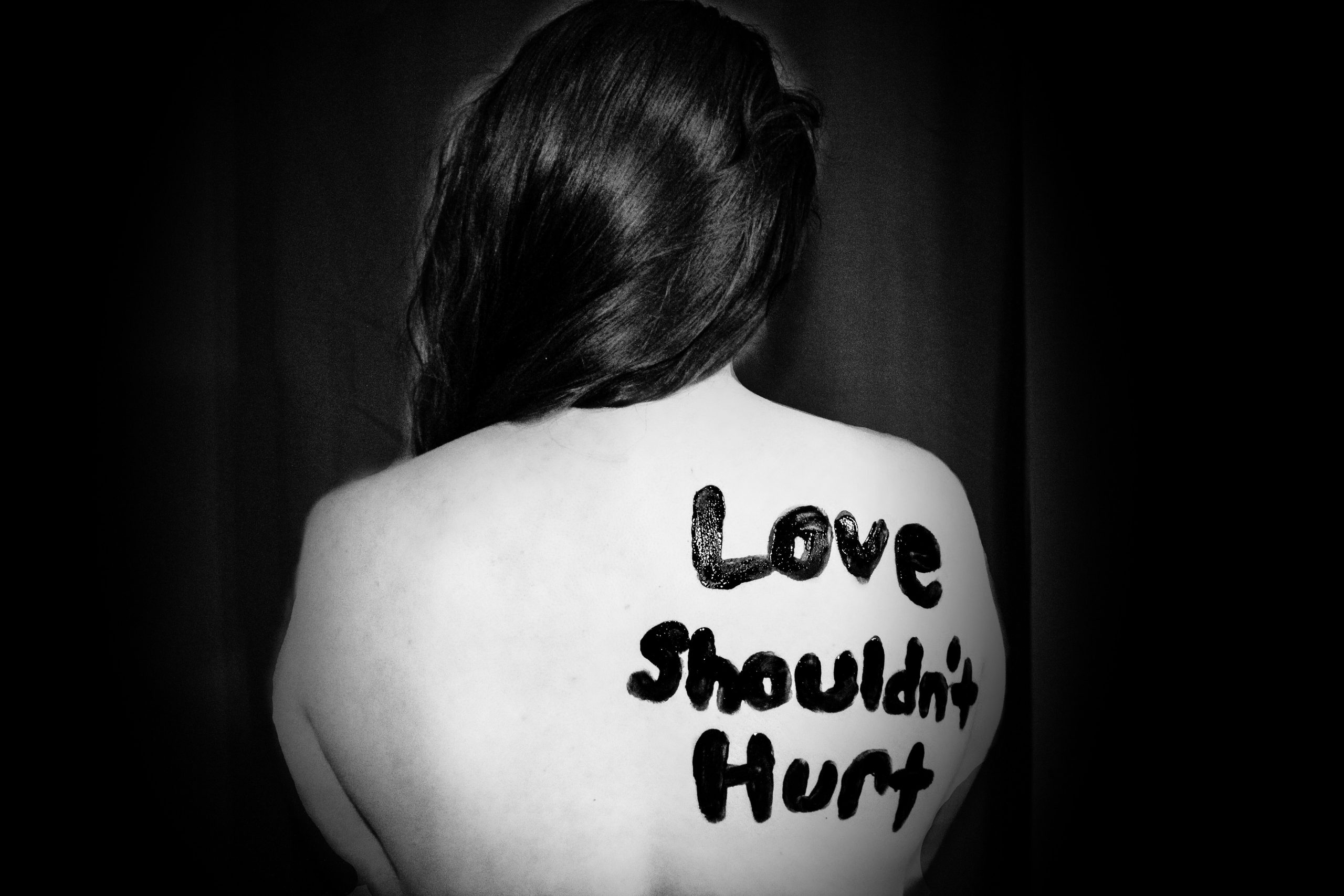Two weeks ago a shockwave spread both online and in real life when Johnny Depp lost his high-profile libel case against the Sun newspaper for their article calling him a “wife-beater”. The judge found that 12 incidents of alleged domestic abuse had occured.
The shadow pandemic
Domestic abuse takes many forms: physical, psychological, sexual, economic, so-called ‘honour’-based and forced marriage. According to the World Health Organization, globally almost 30 per cent of women who have been in a relationship said that they had experienced some kind of violence by their partners.
But the scale of this ‘shadow pandemic’ is not exclusive to developing countries: on November 2019, the Crime Survey for England and Wales showed that an estimated 2.4 million adults aged 16 to 74 years old experienced domestic abuse in that year.
Covid-19 and domestic violence
The national domestic abuse helpline saw a 65 per cent increase in calls and other data shows that more than 26 murders were registered during the first lockdown.
Ann Bonner, a data analyst at Karma Nirvana, an organisation that supports victims of so-called ‘honour’-based abuse and forced marriage, said: “During lockdown #1 Karma Nirvana experienced a huge increase in contacts which peaked during May when contacts were 200 per cent up compared with the same period in 2019.”
Unfortunately, domestic abuse can happen at any age, including children, students and young adults. The Office of National Statistics revealed that young adults aged 18 to 24 tend to be at higher risk for domestic abuse. Karma Nirvana specified that the median age of victims that seek their support is 25, although there has been a 47 pre cent fall in referrals from colleges and universities during the first lockdown.
Government response
The Uk government action plan titled Strategy to end violence against women and girls: 2016 to 2020 publishes the steps they are taking to help spread awareness of what domestic abuse is and give support to the victims.
Furthermore, on September 16 the government agreed £22 million of emergency funding to support organisations that provide help to domestic abuse victims during the pandemic.
Last April, the Home Office also launched the #YouAreNotAlone campaign, ensuring that those at risk of abuse, can leave their house and seek refuge despite the coronavirus restrictions.
Joining the statement from the government, the National Police Chiefs Council reaffirmed that responding to people facing domestic violence remains a police priority.
With the second lockdown in England still in place, many are worried that the efforts of the government to contain cases of domestic violence are not enough.
People are forced to stay at home and fears are that abusers will find it easier to perpetrate violence towards their partners.
Women’s Aid stated that during the first lockdown “over three-quarters of survivors living with their abuser told us that they felt they could not leave or get away as a result of the pandemic.” This is why two Labour MPs, Nick Thomas-Symonds and Jess Phillips wrote to the government asking it to take further action to support charities during the second lockdown.
Get help
Staying at home during a lcokdown is important but home is also where most of the abusers are, therefore it is important to seek help or refuge if you feel at risk.
While many face-to-face services have been stopped, a lot of charities have active helplines, live chats, messages or emails in order to keep helping survivors.
Some have dedicated forums where survivors can talk to each other and share their problems. Karma Nirvana has reiterated: “What is happening to you is not your fault, we will not judge you and we believe you.”
While it may feel more dangerous to fight domestic violence during a lockdown, volunteers are always one call away. Harassment, rape, assault and others are all crimes that should be prosecuted and it is never too late to ask for help.
Kate Schenk, a survivor has said: “I managed to get out of it because I decided what was important was the welfare of my children and the environment in which they grew up in.”
If you want to report abuse to the police call 101. If you are in immediate danger call 999. Women’s Aid, Refuge, Karma Nirvana, Solace are all organisations that offer confidential support to victims of domestic violence.

